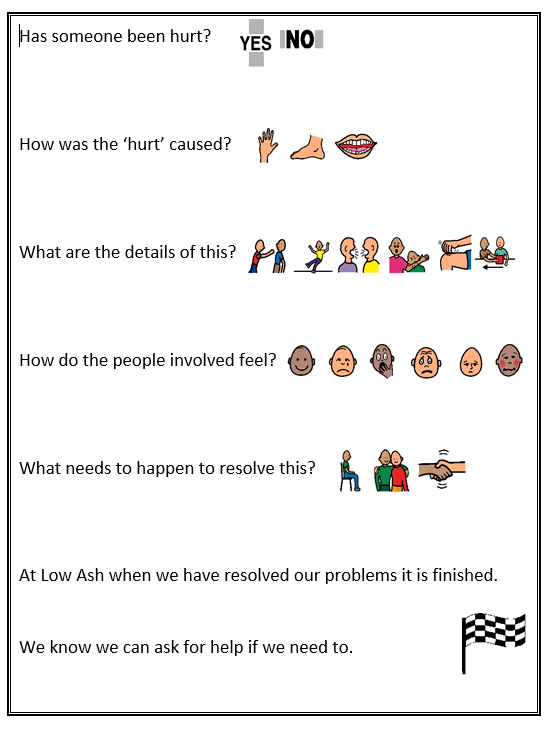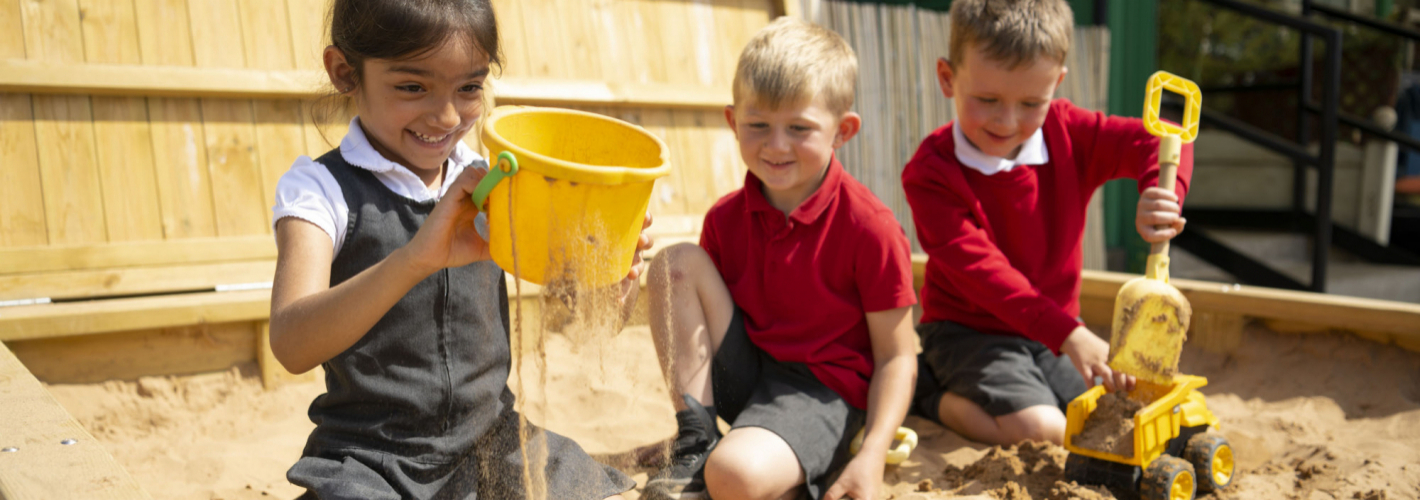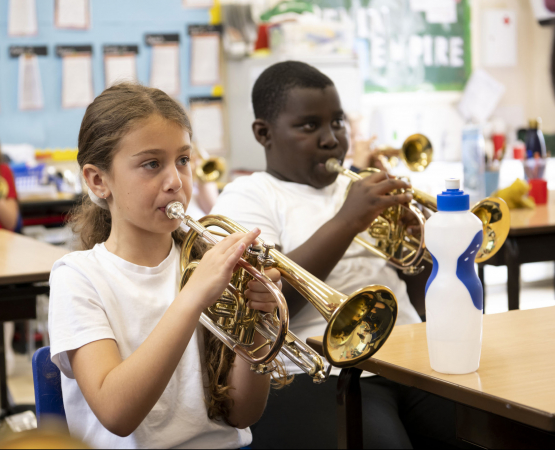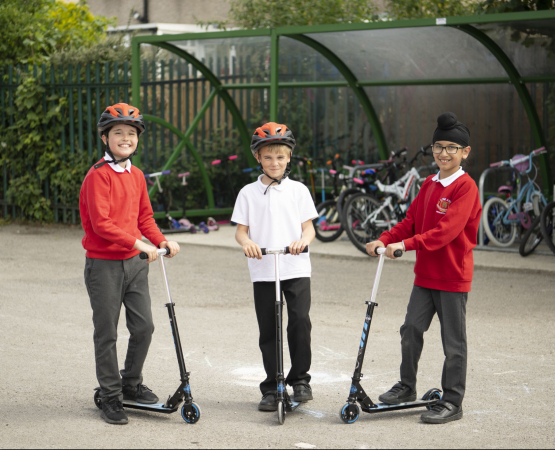Behaviour Management
At Low Ash Primary School we believe that positive attitudes and good behaviour are essential if successful teaching and learning are to take place.
We have a series of rewards and sanctions to recognise acceptable/unacceptable behaviour. All staff in school will be involved in the implementation of these rewards and sanctions. Our policy is to work from a very positive approach where children are rewarded by praise and recognition for caring and responsible attitudes. In the event of a breach of discipline, actions will normally take the form of sanctions as detailed in the Behaviour Ladder. Restorative Practice will be used to resolve an incident and children will decide between them the fairest way forward. This may result in a withdrawal of privileges which could take place on the same day or at a later time according to the circumstances.
Please see below for a link to the Behaviour and anti-bullying policy as well as more information about restorative practice and The Zones of Regulation.
Restorative Practice
At Low Ash we have adopted the Restorative Practice approach to conflict resolution. This is a way of working with conflict that puts the focus on repairing the harm that has been done. It is an approach to conflict resolution that includes all of the parties involved. Following any incident involving another child or adult in school, a child will be given the opportunity to resolve the issue. This will be done with the support of an adult if necessary and will allow both parties to share their views and feelings. This is done in a structured manner, through the use of a symbols board, and this conversation only starts when both parties are calm and ready to do so. Part of this structured process is to discuss and agree on any necessary consequences and a plan to restore the relationship (e.g. apologising, having some space apart, doing a task to resolve the difficulty such as returning or sharing a piece of equipment). This open conversation allows both parties to be clear on how the other feels and what has been implemented as an appropriate consequence. We firmly believe that restorative practice encourages our children to become more self-aware, empathic and strengthens their understanding and trust in our behaviour support systems.
Below you will see the questions discussed in a Restorative Practice session.


The links below have further information which you may find useful.
What is restorative practice? (anti-bullyingalliance.org.uk)
What is Restorative Practice? | Schools & Social Work (highspeedtraining.co.uk)
Restorative practice in schools | Restorative Justice Council
The Zones of Regulation
The Zones of Regulation is all about teaching pupils how to recognise and respond to their emotions in a positive way. Regulation is something everyone continually works on whether we are aware of it or not. We all encounter trying circumstances that can test our limits. If we can recognize when we are becoming less regulated, we are able to do something about it to manage our feelings and get ourselves to a healthy place. This comes more naturally for some, but for others it is a skill that needs more attention and practice. This is the goal of The Zones of Regulation.
The Zones of Regulation Useful Information (Taken from an NHS borders document)
The Zones of Regulation (official website)












